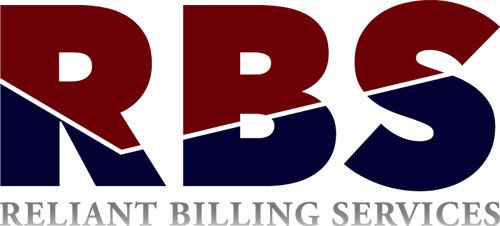Every year urgent care billing departments cost practices thousands of dollars due to negligence and oversight. Without taking essential steps like negotiating contracts with payers, credentialing, and collecting essential patient information, a practice may face a partial or complete loss of revenue. But learning about the 4 worst urgent care billing mistakes is the first step to avoiding them. An urgent care facility may be able to optimize the medical revenue cycle by avoiding these mistakes:
1. Failing to Enter into a Formal Contract with the Payer
Most of us have had to search for an “in network” doctor before. This means that we’ve sought out a doctor that has entered into a contract with our insurance company, resulting in coverage of partial or complete care. But when an urgent care facility fails to enter into a formal contract with the payer, it can be difficult or nearly impossible to collect payment from them, which results in a disruption to the medical revenue cycle. In some cases, this may even result in a practice settling for less payment or none at all. In order to optimize the urgent care billing process, it’s essential that the practice enters into a formal agreement with the payer prior to seeing patients.
2. Overlooking Essential Patient Data During the Urgent Care Billing Process
The front desk is the place where the whole medical billing cycle starts. To set your practice up for proper urgent care billing, it’s essential that your administrators collect all relevant patient information. This includes asking for current medical insurance, and basic patient data. Following up with patients after their visit takes time, which costs your urgent care billing department money. And large oversights may even result in revenue loss from claim denials down the road.
3. Skipping Over the Credentialing Process
Prior to entering into a contract with a payer, most urgent care billing departments or medical billing outsourcing departments go through the credentialing process to evaluate the credibility of the payer’s services. This process usually involves assessing experience, and qualifications in order to enhance patient safety. Not every payer will require credentialing, but failing to look into potential partnerships may eventually create a loss of revenue.
4. Filing Incomplete or Incorrect Claims
Inevitably, most urgent care billing departments will file incomplete or incorrect claims at some point. But frequently filing this type of claim can become financially problematic for the practice. Medical claims processing hinges on the collection of correct and specific information. Submitting claims with the incorrect code, duplicate charges, or late may result in loss of revenue.
Solutions to Common Urgent Care Billing Mistakes
Failing to enter into a contract with the payer, overlooking essential patient information, skipping over the credentialing process, and filing incomplete claims are among the most common and costly urgent care billing mistakes. But there are a number of ways that a practice might reduce these issues. Relying on outsourced medical billing services to target these potential obstacles gives you a heightened level of expertise, which may contribute to a reduction of loss of revenue. A practice might also rely on medical software to flag potential issues early in the process.
Do you need help reducing loss of revenue in your own urgent care practice? Does it seem like the bills pile up faster than the checks? If so, Reliant Billing Services may be able to help. We specialize in the urgent care billing process, and we service dozens of successful practices across the state today. Contact us today to discuss potential solutions to your medical billing problems.


